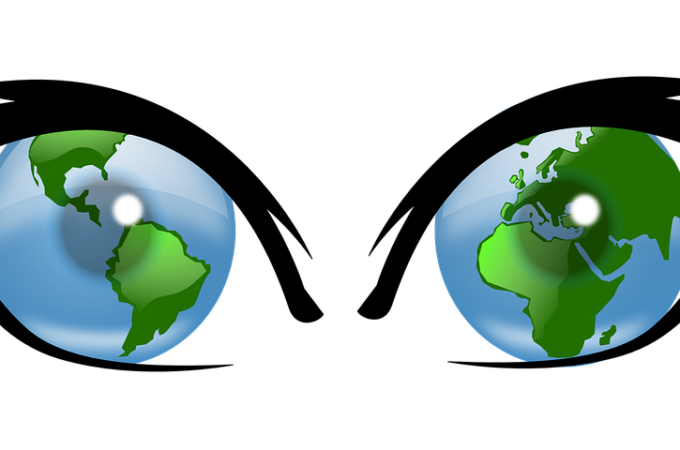How does a culture change for the better? How can the everyday problems of a society be effectively addressed for the long term? In other words, more than just a quick fix, the kind of band-aid solution which can actually be counterproductive?
 For an example, take Haiti’s poverty. After $10 billion of international aid following the 2010 earthquake, she is arguably no better off. The solution was deeper than mounds of cash.
For an example, take Haiti’s poverty. After $10 billion of international aid following the 2010 earthquake, she is arguably no better off. The solution was deeper than mounds of cash.
A friend of the DNA recently pointed us to an article at the Federalist by Paul Bonicelli of the Acton Institute, France’s President Is Wrong About Africa. It Doesn’t Need Fewer Kids, But Better Institutions.
This is an important and thoughtful article on what is needed for communities to develop and flourish. I fully agree with everything Mr. Bonicelli is saying and encourage you to read it all. Where we part ways is seen in what he does not say. His solutions only go to the level of policy and program. However, lasting solutions need to get to the root, i.e. the worldview of a society. In our DNA teaching, we say it this way:
Paradigm (worldview) –> principle –> policy –> program
Mr. Bonicelli says:
And how do families prosper? They do so in a free society where the institutions of justice and property rights are protected by law, where the people can change their government at the ballot box when it is venal or incompetent, and where they can exercise their creative and entrepreneurial talents and labor in a free market.
And he concludes…
At long last, it is time to reject these ideas and embrace the only thing that can improve the lot of the poor: policies based on free markets and free peoples.
I recently heard Michael Matheson Miller, the creator of Poverty Inc. talk in a similar vein. I questioned him about where these proposed institutions of justice and property rights and rule of law were going to come from. (They don’t just drop from the sky, after all.) If you have power or leverage, you might impose a policy and program, or incentivize it, but unless people have a worldview or paradigm shift that supports that policy, it won’t make much of a difference.
The worldview changes as a nation is discipled
In the West, these values and policies were the fruit of years of discipleship in a biblical worldview following the Reformation. Western nations were discipled, just as Jesus commanded in Matthew 28:19-20. The ensuing erosion in the West—its “un-discipling,” as it were, or perhaps, re-discipling in the ungodly worldviews of atheism and postmodernism—is, of course, another matter. But that same biblical discipling process that shaped the West is badly needed in the developing countries as a foundation for free markets, rule of law, and human rights.
The Federalist article gets closest to the core issue with this statement:
 [French Prime Minister Macron] cannot offer real solutions because he is still wedded to flawed ideas [that is, paradigm or worldview] that ignore who the human person is.
[French Prime Minister Macron] cannot offer real solutions because he is still wedded to flawed ideas [that is, paradigm or worldview] that ignore who the human person is.
Now Mr. Bonicelli is talking about worldview. While I would replace the word “ignore” with “reject”, he is raising the critical worldview question: What does it mean to be human? Macron, a man of the secular left, answers according to Darwin: Man is an animal, and animals consume scarce resources. They are “mouths to feed.” Solution: population control. Get rid of all those mouths in order to conserve resources. That basic worldview premise has undergirded the secular development industry since the 1960s.
The biblical worldview affirms man as an image-bearer of God with intrinsic, God-given value and rights. Man is also more fundamentally a CREATOR of resources than a CONSUMER of resources. He is like the animals in that he is a creature, but he is unlike the animals in that he has a will, moral freedom, and the capacity to create. He doesn’t merely function by instinct, but chooses and makes decisions. He is also fallen, broken, and thus, an agent of evil in the world. He is in need of salvation and redemption.
This single worldview difference will lead to radically different development principles, policies and programs. The problem with Macron and the secular left is they have a false worldview premise that leads to destructive and inhumane policies and programs. The problem with Mr. Bonicelli’s analysis is that he fails to go all the way down to the worldview level. I don’t mean to communicate disrespect for Mr. Bonicelli or the Acton Institute. I have tremendous respect for what they teach and the work they do. It is rooted in a biblical worldview. I just wish they’d be more explicit about it and incorporate that worldview more in what they teach.
- Scott Allen with Gary Brumbelow






